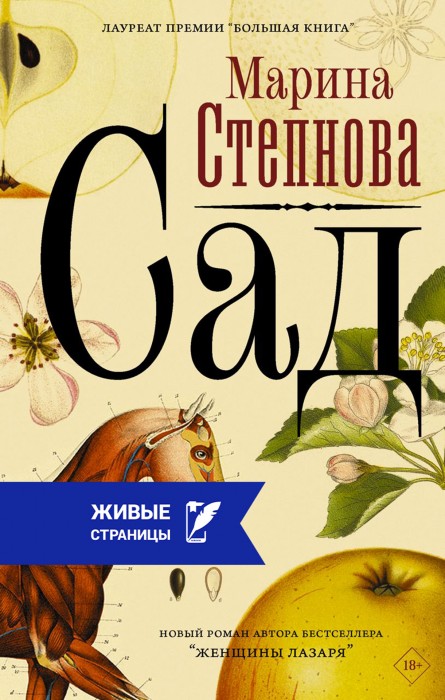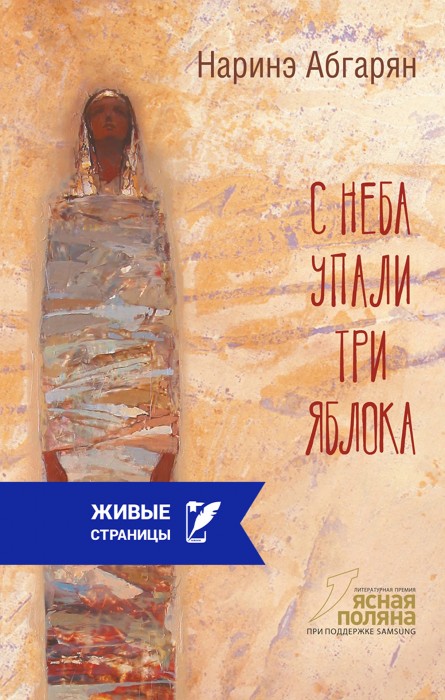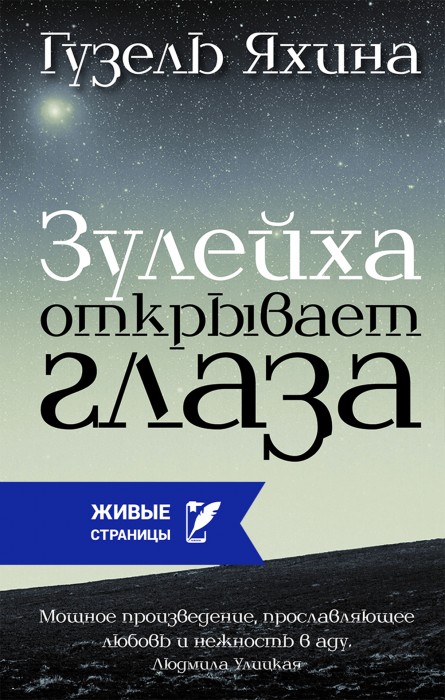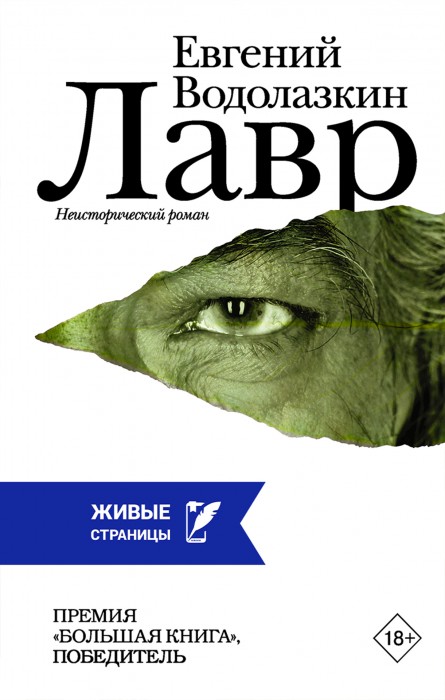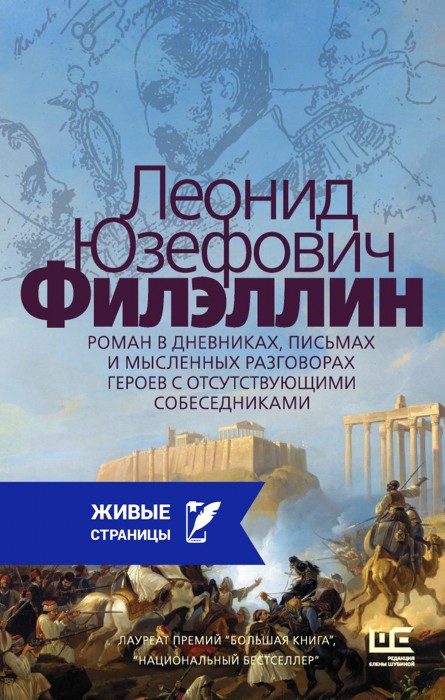
Live pages
“Live Pages" is an application that allows you to look at literary works in a new way. Interactive elements and various navigation scenarios help you immerse yourself in the story, trace the intersection of the fates of the main characters of books and feel the spirit of the time in which the events unfold. Today, the Live Pages library presents masterpieces of classic Russian literature, as well as historical prose by contemporary authors - winners of the Yasnaya Polyana Prize.

|
|
The unique project “Live Pages” was created by experts from the Tolstoy Digital group, the school of linguistics of the Higher School of Economics National Research University and developers from Articul Media with the support of Samsung Electronics. |

|
The unique project “Live Pages” was created by experts from the Tolstoy Digital group, the school of linguistics of the Higher School of Economics National Research University and developers from Articul Media with the support of Samsung Electronics. |
LIBRARY
In addition to books by Yasnaya Polyana Prize winners and finalists - the novels “ Laurus”, “Zuleikha Opens Her Eyes”, “Three Apples Fell from the Sky”, “The Garden” and “Philhellene” - the library of the “Living Pages” mobile application includes works by Russian classics. Among them: “Dead Souls,” ‘War and Peace,’ ‘Eugene Onegin,’ ‘The Brothers Karamazov,’ ‘Anna Karenina,’ ”Childhood. Adolescence. Youth”, ‘Crime and Punishment’, ‘The Idiot’, ‘The Quiet Don’, ‘Oblomov’, as well as the iconic works of Russian literature of the XX century ‘The Twelve Chairs’ and ‘The Golden Calf’. In addition, the app presents the plays “Woe from Wit”, “The Inspector”, “The Cherry Orchard”, “Thunderstorm” and “At the Bottom” in the chat format.
CONTENTS AND TEXT
The table of contents has summaries of parts and chapters, and in a number of books it has been converted into infographics. For example, in War and Peace, peaceful chapters are marked in blue and military chapters in red. The texts of novels are provided with commentaries and explanations of rare words, and in plays, dialogues are presented as a chat room.
PASSAGE OF TIME
On the timeline you can compare events from the book and real historical events - sometimes the author mixes them (like Tolstoy in “War and Peace” or Sholokhov in “The Quiet Don”), sometimes history and the course of the novel go hand in hand (for example, in Marina Stepnova's novel “The Garden”), sometimes the events of the novel refer us to the past or make a prediction of the future (this is how Vodolazkin's “The Laurus” works). In the script are given comments and quotes from the author. From each quotation you can exit to the text and continue reading.
HEROES AND FATES
All the main characters have a personal card - with a portrait, author's description of their appearance, historical prototypes and important quotes. If you select two characters on the interactive “Fates of Heroes” timeline, you can trace how their relationships developed, where they met, and where they parted ways.
EVENT MAP AND ROUTES
There are works whose actions are connected with real points on the map, for example, Leonid Yuzefovich's “Philhellene” or Ilf and Petrov's “12 Chairs”. Places of significant events are marked on the interactive map - for each point there is a detailed description, relevant quotes and a list of heroes who have been there. It is also possible to trace the route of a particular hero with all the points of his movements and through quotations to the text of the novel.
WORD GAMES
Narine Abgaryan's Armenian village culture, Greek questions from Leonid Yuzefovich, Tatar words from Guzel Yakhina's novel, as well as questions about the history, main characters and plot of the works - you can test your memory and knowledge in the game format in the quiz section.
